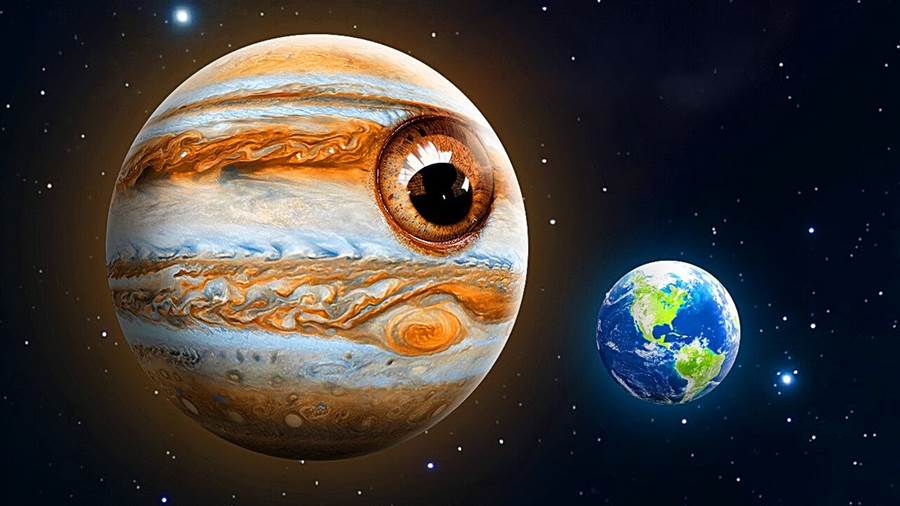
A recent study has revealed that our understanding of Jupiter, the largest planet in our solar system, may be flawed. Scientists have long believed that the gas giant is composed mainly of hydrogen and helium, but new evidence suggests that this assumption may be incorrect.
Jupiter, with its massive size and strong gravitational pull, has always captured the curiosity of astronomers. However, the inner workings of the planet have remained largely mysterious. Previous research has suggested that the planet's core is made up of heavy elements such as rock and metal, surrounded by a layer of high-pressure hydrogen.

However, a team of scientists led by Tristan Guillot from the Observatoire de la Côte d'Azur in Nice, France, decided to test this theory by studying the planet's gravitational field. They analyzed data collected by NASA's Juno spacecraft, which has been orbiting Jupiter since 2016. By mapping the planet's gravitational field with unprecedented precision, the researchers were able to make more accurate estimates of its composition.
Contrary to previous beliefs, the study revealed that Jupiter's core is not made up of heavy elements as previously thought. Instead, the core appears to be diluted, consisting of a mixture of heavier elements such as helium, water, and ammonia. These findings challenge the traditional understanding of gas giant formation and raise new questions about the evolution of our solar system.
Overall, this study suggests that our previous assumptions about Jupiter may have been incorrect, highlighting the need for further research and exploration to better understand the mysteries of the largest planet in our solar system.








